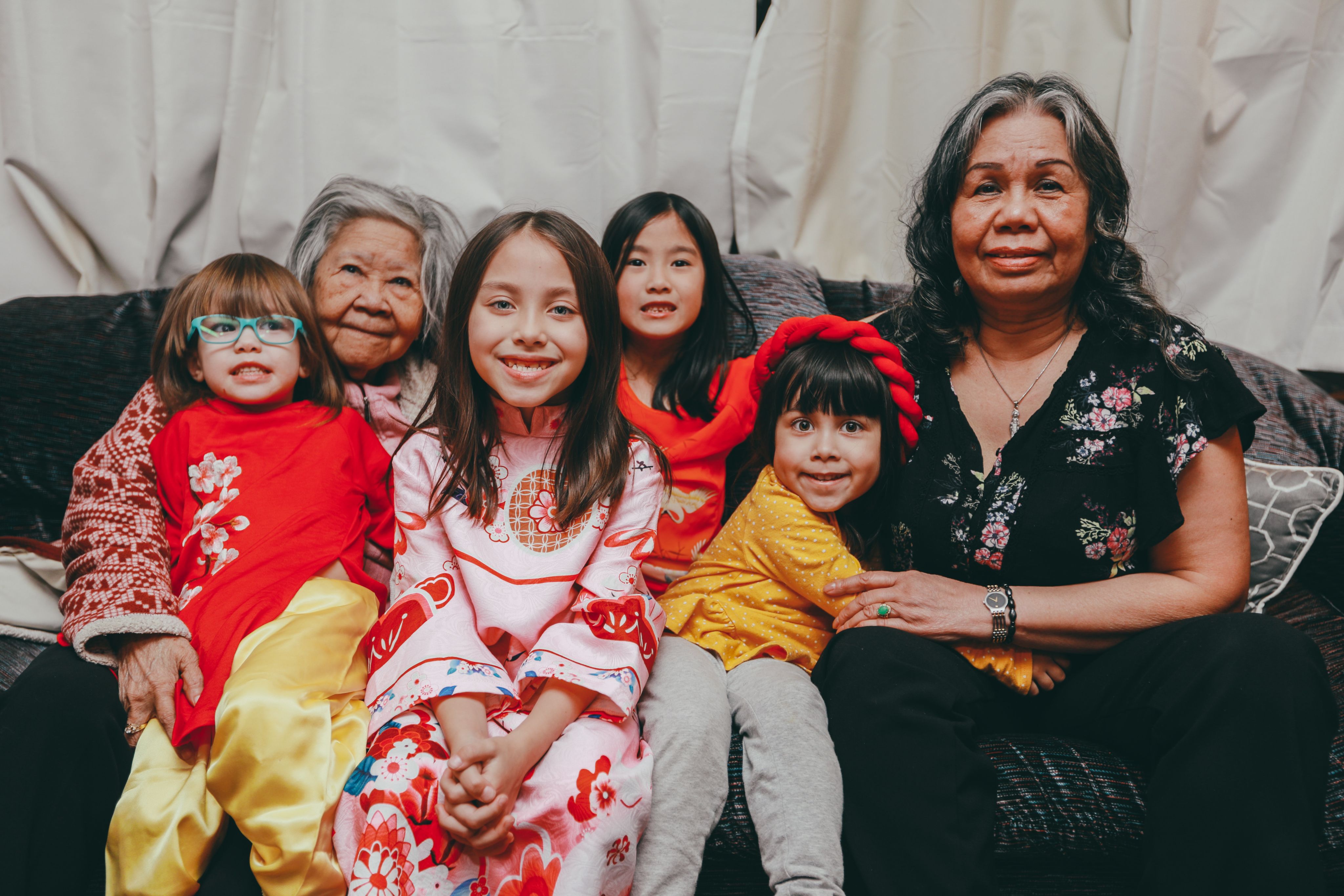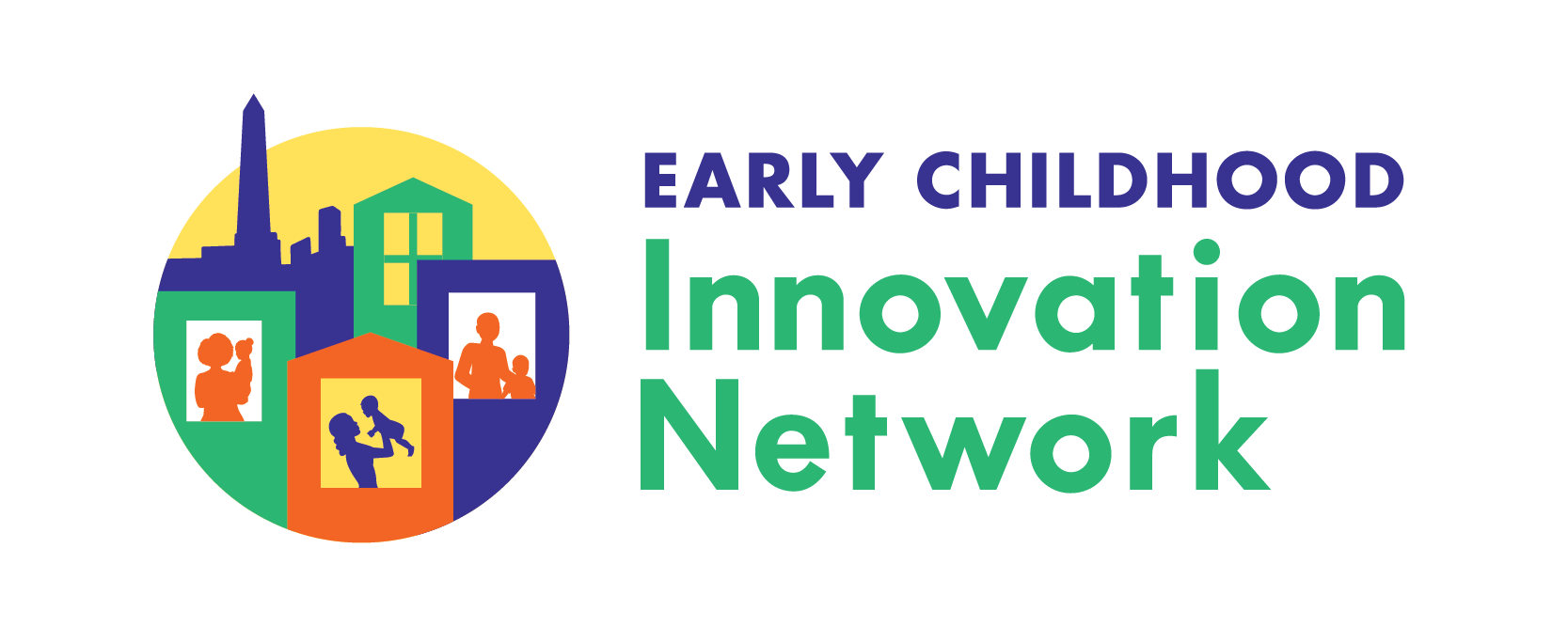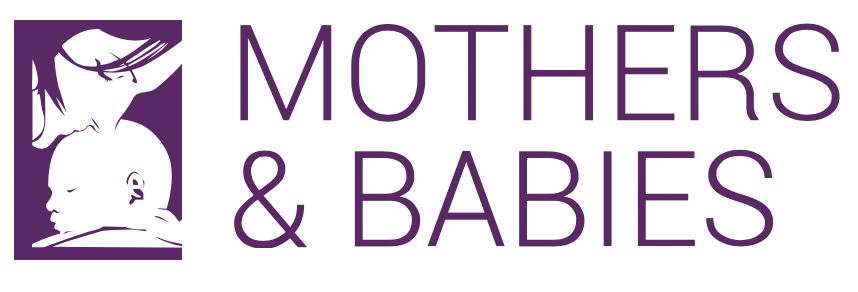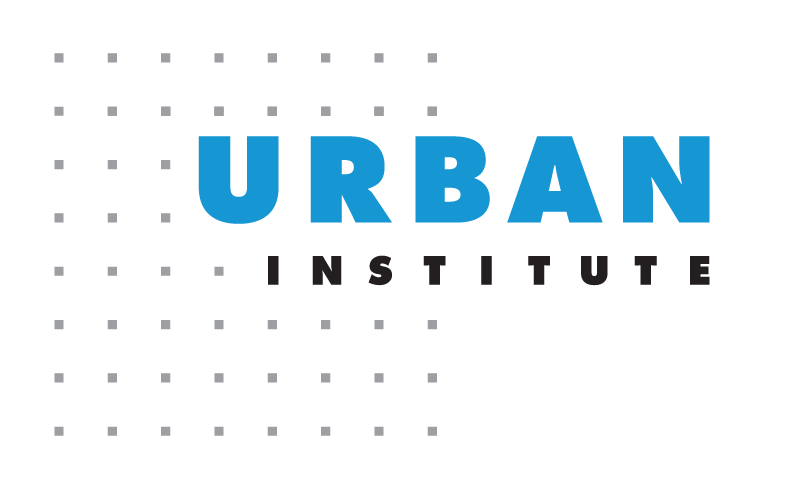Recommendation #2
Ensure that both the child welfare system and larger system of care for families are culturally congruent and responsive.

“There is a need for inclusion of fathers and honoring of the varied roles they play and value they add.”
Working alongside leaders from communities and the business, education, government, housing, health, and social services sectors, it has become clear that programs and systems are more effective when they 1) collaborate to address the co-occurring conditions impacting families and 2) replace uniform approaches with those responsive to circumstances of different families and communities. Parents know better than anyone where current supports are falling short and what policies and programs will best meet their needs. Engaging families authentically and responding to their expertise will lead to a stronger, more effective child welfare system. This can occur in several ways, such as drawing insights from focus groups made up of impacted families when designing or assessing a policy or program, establishing parent councils to govern and implement long-term initiatives, and holding listening tours to gather parent insights.
Listening to families requires acknowledging their power, providing them an equal seat at the design table, and acting on their recommendations. During design and once a policy or program is adopted, the 2Gen approach encourages ongoing feedback loops for families to share their experiences and recommendations. The most effective 2Gen approaches tap insights from research, adapt to meet local needs, are culturally rooted, and respect and listen to families and communities.

Action Steps
How to Apply the Recommendation
Dedicate resources to support innovation and learning with communities.
Government and philanthropy can lift up promising approaches by working with communities to identify and invest in existing supports that are already working, including peer-based models and those grounded in cultural wisdom and practices. This will require understanding and adapting to a community’s definition of family and moving away from appropriating things that communities might already be doing well to fit into traditional models.
Cultivate strong, respectful, and reciprocal relationships with families and communities.
Enlisting trusted individuals within communities as ambassadors will facilitate a shared information loop and help create a bridge between institutions and communities. These individuals should be recognized as subject matter experts and compensated accordingly.
“When you give and give and give, and then you’re still in the same boat that you sailed in on, that’s not okay,” says Ascend Parent Advisor Tameka Henry. “Instead, we need to invest in [community leaders] and uplift their stories and their lives. Hire them. Don’t use their stories and not invest in them.”
Honor the way families define themselves, and treat all families with dignity and respect.
Shifting the power to families requires meeting families where they are and respecting the many different definitions and configurations of families.
For example, families with low incomes are disproportionately headed by single mothers who overwhelmingly bear the brunt of family duties and child care. This cycle is perpetuated through gendered stereotypes, historical norms and practices, and race-based bias and discrimination against fathers — especially those from Black, Indigenous, Latinx, and other communities of color. Serving whole families requires an intentional and explicit commitment to applying a gender lens inclusive of fathers to our analyses of family-supportive policy, practice, and research. Fathers — regardless of residential or relationship status — influence their child(ren)’s health and co-parent’s well-being. A father’s presence and engagement can drastically improve his child’s cognitive and social skills, and dads play a critical role in improving a family’s economic security and social mobility.
Moreover, in many of our families’ cultural traditions, family units extend beyond what we’ve come to know as the nuclear family living in a single household. They instead define family in terms of strong, connective kinship networks that are often inclusive of entire communities. If a child’s biological parents are unable to care for them in these communities, it’s common for the broader family to take responsibility for the primary rearing of that child.
Western and paternalistic definitions of family often do not accurately represent Black, Indigenous, Latinx, or other families of color, thereby undervaluing and underutilizing some of the greatest assets to advance family prosperity in those communities.
As we reimagine public systems and services to work better for families, we have an opportunity to do so in a way that honors the full diversity of family structures, as families themselves define them, and builds upon families’ inherent resilience.
Provide a more consistent set of resources for kinship and home-based care
As more resources go toward quality child care, it is critical to support, scale, and strengthen home-based care, which provides flexibility, trust, and convenience to families.
A survey commissioned by the Bipartisan Policy Center and Morning Consult revealed insights about families’ experiences with informal child care arrangements:
- More than half of parents would prefer informal child care, even if formal care was free and convenient.
- 25 percent of parents use relatives as primary child care.
- Most parents cite safety (96 percent) and trust (95 percent) as the most important factors of informal care arrangements.
- 26 percent of parents report needing child care on weekends, and 23 percent report needing child care outside of traditional work hours.
Home-based child care centers are also important small businesses in communities.
Kinship care refers to the care of children by relatives, including nonbiological kin, when removal from the home is identified as the best option for a child and family. Relatives are often the preferred resource for children and families who experience removal because they help maintain familial, cultural, and communal connections and relationships, increase stability, and lessen the trauma of family separation. Making legal, financial, educational, and holistic health resources more accessible to kinship caregivers can maximize the potential of such arrangements. There is also a need to review kinship care requirements that are burdensome, bureaucratic, and otherwise impede kin from meeting licensing requirements.
Recommendation
in Action
The following are examples of culturally competent solutions to meeting the needs of families experiencing adversity in the early years.

Indian Child Welfare Act
The Indian Child Welfare Act (ICWA) protects and promotes the stability and security of Indian tribes and families by establishing minimum federal standards for states that are handling cases of substantiated child abuse and neglect involving Native children. ICWA provides guidance to states for the removal and placement of Indian children, when necessary, in environments that reflect the values, cultural practices, and traditions of Indian culture. Attempts to undermine the constitutionality of ICWA, like the Haaland v. Brackeen case currently before the US Supreme Court, jeopardize the sovereign right of Tribal Nations to protect American Indian and Alaska Native (AIAN) children and risk perpetuating assimilation practices that have harmed AIAN children for centuries.

Early Childhood
Innovation Network

Washington, DC
All families depend on resources and supports, including reliable access to education, health care, and services aimed at improving their quality of life. Everyone, from teachers to neighbors to health care providers, has a role to play in promoting resilience in families and children. The Early Childhood Innovation Network (ECIN) works across sectors to empower adults in the caregiver role — parents, family members, educators, and health providers — with knowledge and resources to improve outcomes for children. Rooted in research and community voices, ECIN brings innovative and promising practices to support healthy physical and emotional development.
ECIN began in 2016 as a joint effort between Dr. Lee Beers of Children’s National Health System and Dr. Matt Biel of MedStar Georgetown University Hospital. Since its founding, ECIN has grown to include Children’s Law Center, Far Southeast Family Strengthening Collaborative, George Washington University, Georgetown University Center for Child and Human Development, Health Alliance Network, Johns Hopkins Bloomberg School of Public Health, Parent Watch, and Total Family Care Coalition.

Mothers and Babies

Nationwide
The Mothers and Babies program is an evidence-based stress management and postpartum depression preventive intervention that is implemented by home-visiting programs and other early childhood providers across the United States. The effort bridges gaps in the maternal mental health care for Black mothers by leveraging the reach of paraprofessionals such as home visitors, case managers, medical assistants, child care workers, and health educators. Efficacy data demonstrates that Mothers and Babies is one of the most effective interventions for preventing postpartum depression and is just as impactful in reducing depressive symptoms when delivered by lay health workers as by professional mental health clinicians. Having health workers deliver the program within home-visiting or other care-providing networks improves the accessibility of the intervention. Delivering mental health services outside of the public mental health system is a cost-effective way to increase access to mental health care for Black caregivers. Furthermore, providers are encouraged to offer Mothers and Babies to clients as a stress management tool, and the intervention focuses on normalizing stress as a standard contributor to one’s mood. By emphasizing stress management, Mothers and Babies is an effective preventive intervention against the onset of depressive episodes and can reduce stigma around accessing mental health care.

All Our Kin

Nationwide
All Our Kin is a national nonprofit organization that trains, supports, and sustains more than 1,000 family child care providers who educate and care for more than 6,000 children from chronically under-resourced communities. The providers in All Our Kin’s network operate small, home-based programs that are the primary source of care for many children of color from communities with low incomes. They offer high-quality early childhood education in intimate settings and are flexible, affordable, and often available during nontraditional hours. Home-based child care is one of the most promising examples of the potential of culturally responsive early learning environments. All Our Kin’s model propels home-based providers forward as educators and small business owners by providing access to resources, training, and other support.

Safe Babies Court Team

Nationwide
ZERO TO THREE’s Safe Babies Court Team (SBCT) focuses on concrete strategies that allow the professionals who interact most directly with families to improve experiences of infants and toddlers under court jurisdiction and their families. The SBCT approach is based on core components that articulate a developmentally sensitive way to respond to child maltreatment of infants and toddlers. Each team works to implement the components locally, utilizing their unique knowledge of the community to find local solutions that meet the developmental needs of infants and toddlers and their families. The core components of the SBCT approach align with five strategic areas of focus:
- Interdisciplinary, collaborative, and proactive teamwork
- Enhanced oversight and collaborative problem-solving;
- Expedited, appropriate, and effective services;
- Trauma-responsive support; and
- Continuous quality improvement.

Improving Evidence-Based Policymaking: A Review

Nationwide
Traditional approaches to evidence-based policymaking often draw on random control trials, quasi-experimental methods, or cost-benefit analyses to test the effectiveness of interventions already in place. But these studies are often tightly controlled, highly selective, and not inclusive of all of the communities they intend to serve, and they may not benefit from the rich insights of practitioners, community members, or people with lived experiences. Often, the evidence collected focuses on outcomes rather than processes and organizational capacities to implement an intervention. Even implementation studies and evaluability assessments tend to focus more on the ability to implement an established model or intervention with consistency or fidelity to a pre-established model rather than the ability to adapt the approach to different cultures, contexts, and circumstances (Blase & Fixsen, 2013).
Below are six approaches to broaden the types of insights and evidence that can inform and strengthen policymaking to make it more actionable and culturally and contextually appropriate:
- Capture learnings (not just effects or impacts)
- Evaluate Indigenous interventions
- Apply critical race theory to policy research
- Engage practitioners in research design
- Co-create research with community members
- Enhance the role of funders to:
a.) Invest in research about how to better use evidence and build community capacity to produce and act on it;
b.) Interrogate their own power and privilege in relation to that of their grantees, and share decision-making with communities; and
c.) Leverage their reputational and political capital to raise awareness about the most important issues to communities.
Additional Recommendations
Center equity, prioritize prevention, and ensure better outcomes for families who interact with child welfare and early childhood systems of care.
Invest in workforces across systems of early care, learning, and child protection to ensure they are best equipped to meet the needs of their communities
Consider the potential for impact, flexibility, and sustainability in leveraging new and existing resources to support children and families



